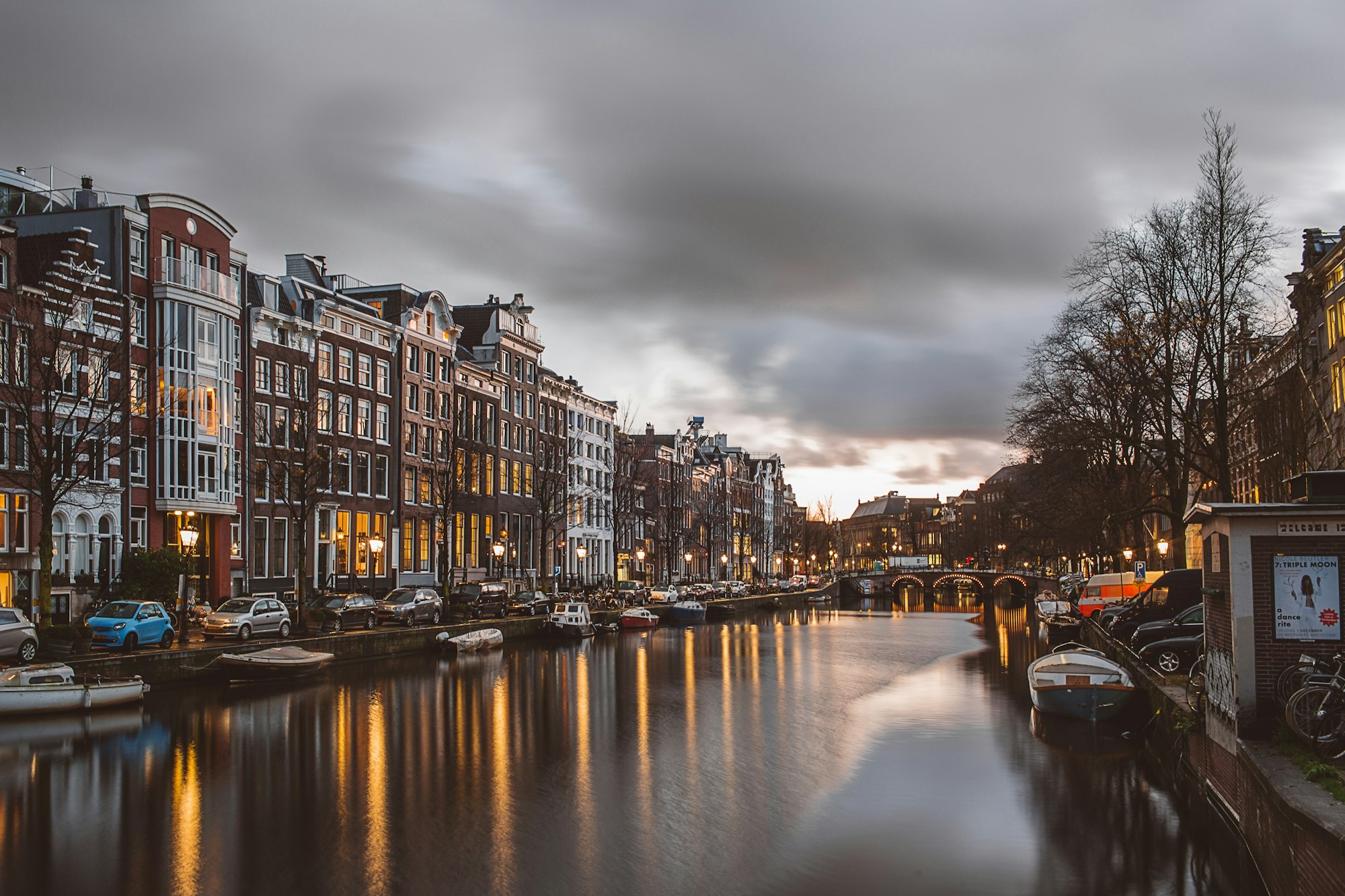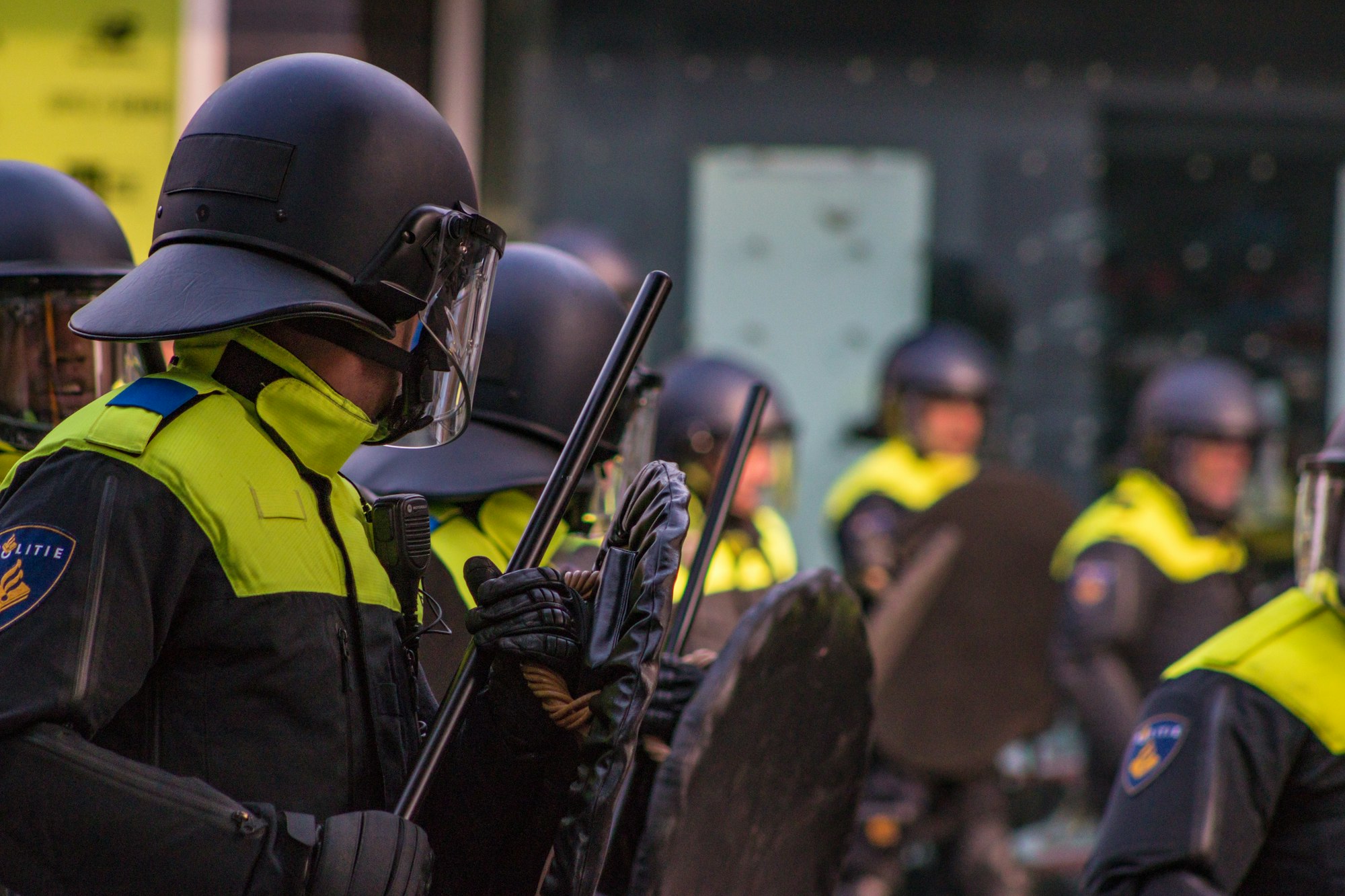View the pre-publication version of the Netherlands report in the Oxford Compendium of National Legal Responses to Covid-19
No constitutional state of emergency or exception was declared in the Netherlands (more than 17.5 million inhabitants) during the Covid-19 pandemic. Instead, the Dutch State initially deployed the framework of the Public Health Act 2008 (Wet publieke gezondheid), the Safety Regions Act 2010 (Wet veiligheidsregio’s) and the Municipality Act 1992 (Gemeentewet).
In case of a supra-local crisis, the chair of the safety region is assigned supreme command, which includes the takeover of the mayor’s emergency powers. The Minister of Public Health, Welfare, and Sports may, in turn, instruct the chairs to issue public health measures, thereby ensuring that national policy is transformed into legal measures which apply nationally.
The Minister did, in fact, heavily use this authority, thus ensuring a centralized legal approach to the pandemic. However, the lack of involvement of Parliament in introducing these legal measures, and the fact that these measures strongly impacted several fundamental rights, became increasingly controversial in the summer and fall of 2020. As a result, the Covid-19 Justice and Security (Interim Measures) Act 2020 was adopted (after heated debate and several revisions) and entered into force on 1 December 2020. This Act, and several amendments to it, has since become the legal basis of most, but not all, Covid-19 measures, thereby strengthening their democratic legitimacy and providing a clearer framework for assessing limitations on fundamental rights. Nonetheless, many Covid-19 measures, including a curfew and the closure of premises, have remained highly controversial.


